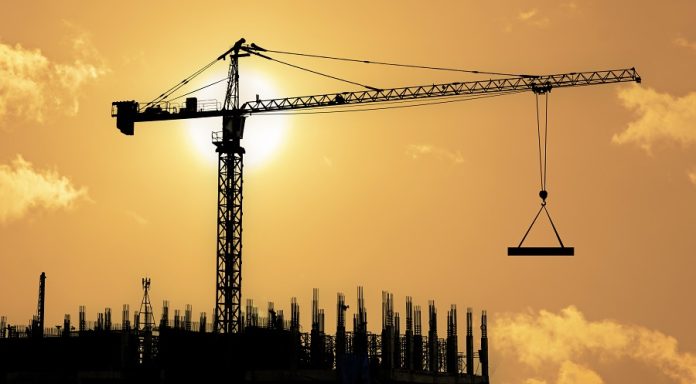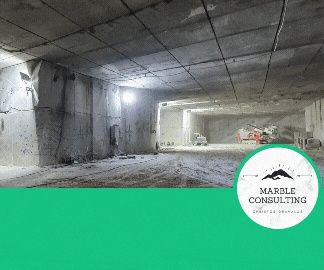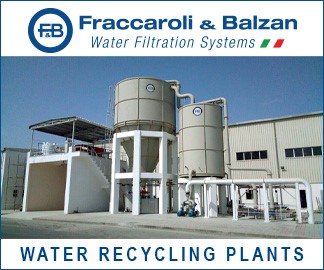The Middle East and North Africa (MENA) construction sector is expected to be bit by the triple whammy of lower oil production, low oil prices and contracting non-oil sectors. Leading data and analytics company GlobalData has further cut its construction output growth forecast for the region for 2020 to -2.4%, down from the previous forecast of 1.4%, in light of continued spread of COVID-19.
Yasmine Ghozzi, Economist at GlobalData, comments: “Construction activity for the remainder of 2020 is set to see poor performance. While there is usually weak construction activity in the holy month of Ramadan and during the hot summer months of June, July and August, this is usually compensated by strong performance at the beginning and end of the year. However, this will not be the case this year due to the strict lockdown policies that extended until the end of May.
“The sector is expected to face headwinds in 2021 with a slow recovery, but the pace of this will be uneven across countries in the region. Fiscal deficits and public debt levels will be substantially higher in 2021. Fiscal consolidation will hinder non-oil growth across the region, where governments still play a considerable role in spurring domestic demand.
“In addition, public investment is likely to be moderate, which will translate into fewer prospects for private sector businesses to grow – especially within sectors such as infrastructure. Expected increase in taxes, selected subsidy cuts and the introduction of several public sector service charges will influence households’ purchasing power, having a knock-on effect on future commercial investments.”
Amid the worsening situation with regards to the COVID-19 outbreak and the decline in oil prices, GlobalData has further cut its forecast for construction output growth in Saudi Arabia to -1.8% from its previous forecast of 2.9% in 2020 and expects a recovery in the sector of 3.3% in 2021. The government’s decision to host limited annual ten-day Hajj entails a possible loss of estimated revenue at more than US$10bn, adding more pressure on the Kingdom’s economy.
Ghozzi adds: “GlobalData has estimated a contraction of 2.1% in construction output growth in the UAE but expects a rebound in 2021 of 3.1%. In one of the largest global energy infrastructure transactions, Abu Dhabi National Oil Company (ADNOC) raised US$10bn by leasing a 49% stake in its gas pipelines for 20 years. This landmark deal is important especially during the prevailing industry downturn in order to keep profitability.
“GlobalData has also cut further the growth rates for Qatar, Kuwait and Oman in 2020 to -3.4%, -7.8% and -8.1%, respectively. Qatar’s economy this year will be affected by decline in tourist arrivals, low consumer spending and low oil prices. Nevertheless, strong fiscal stimulus and spending on infrastructure projects should provide support.
“The negative outlook for Kuwait is weighed down by lower oil prices and the prospect of a higher fiscal deficit, possibly compromising the government’s capital spending on construction and infrastructure. Business unfriendliness constitutes a barrier to reforms in the Kuwaiti economy; the extensions in tenders’ deadlines compounded by an inflexible bureaucratic procurement setup that slows decision-making will delay progress for several Kuwaiti megaprojects.”
Egypt’s construction sector is set to continue performing well despite poor performance of the non-oil sector in April. GlobalData expects construction to grow at 7.7% in 2020, slowing from 9.5% in 2019, given a short-term slow down due to the pandemic and 8.9% in 2021, and to continue maintaining a positive trend throughout the forecast period. In the Arab Maghreb, GlobalData has further cut forecasts for construction growth in Tunisia, Morocco and Algeria to -3%, -2.1%, and -2.5%, respectively, in 2020 and 0.7%, 1.2% and 1.9%, respectively, in 2021.
GlobalData has a bleak view of Iran’s construction sector throughout the forecast period. A slowdown in economic activity caused by the virus outbreak and a possible wave of further US sanctions (in the event Trump wins a second term) will continue to wreak havoc on its economy, and drastically affecting construction activities.
Source: www.globaldata.com




































